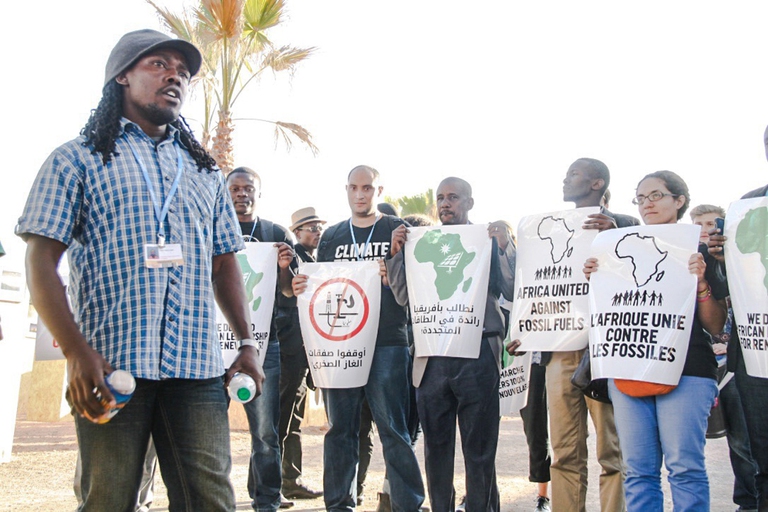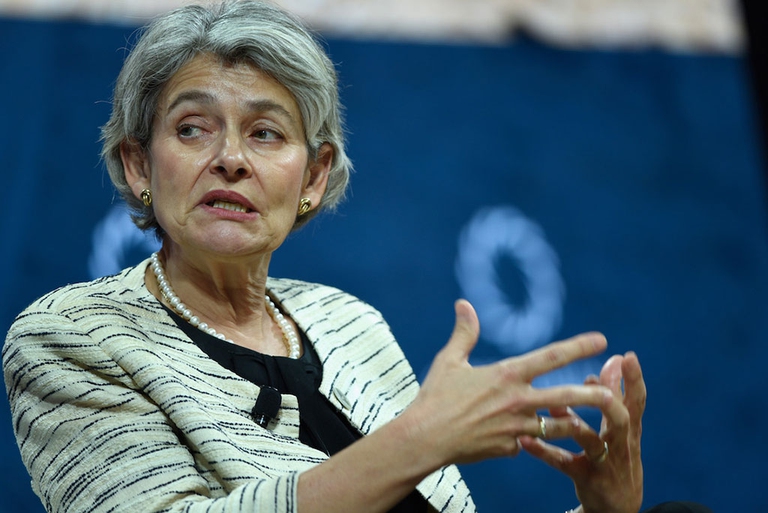
As per tradition after 12 years India held Mahakumbh, the world’s largest spiritual congregation that has been attracting pilgrims from across the globe.
World Science Day for Peace and Development aims to raise the awareness on the importance of science in promoting a sustainable development and paving the way for peace.
Science led to the creation of penicillin and the atomic bomb, PV panels and GM-crops. Science is anything else than an instrument at the service of humanity aiming at technological and spiritual development. In order to promote a responsible use of science and underline its essential contribution to society, on 10 November the World Science Day for Peace and Development is celebrated, established by the UNESCO in 2001.
November 10 is World #ScienceDay for Peace & Development!
Let’s celebrate the power of science to build peace and bolster sustainable development!
https://t.co/V2IzOFlF2A #Science4Peace ️ pic.twitter.com/beeVEsHMID
— UNESCO (@UNESCO) 10 novembre 2017
The celebration has been established in order to raise public’s awareness on the progresses achieved in the scientific field and increase knowledge on our planet and on how to make our societies more sustainable. Science is a force for positive transformation and a development multiplier. One of the goals is to bridge the gap between society and science, which is often considered as something mysterious and out of reach by the general public, in order to make science an instrument for peace among people. The 2018 theme is Science, a Human Right, celebrating the 70th anniversary of the Universal Declaration on Human Rights (article 27). “UNESCO urges everyone to exercise their human right to participate in and benefit from science – this the recommendation of Audrey Azoulay, UNESCO Director-General –. This right is enshrined in the Universal Declaration of Human Rights”.
The 2017 theme was “Science for global understanding“, encompassing UNESCO’s approach to develop scientific cooperation between and within societies, combining global sustainability and local actions and knowledge.
“Sciences, Technology and Innovation (STI) provide key answers to build peace and bolster sustainable development – Irina Bokova, former Director-General of UNESCO –. We need more integrated science to strengthen water management, to ensure the sustainable use of the ocean, to protect ecosystems and biodiversity, to tackle climate change and disasters, to foster innovation.”
“Science diplomacy will be a powerful instrument for the use of science as a foundation for a culture of cooperation. Investment in science education will be equally crucial. We need to grant equal access to enrolment in sciences all persons, starting at an early age, with a strong focus on girls. In this spirit, I call upon all stakeholders, well beyond scientific circles, to mobilise in order to release the full potential of sciences for development and peace.”
The UNESCO Science Report is one of the instruments countries can use to monitor the progresses made towards the 2030 Agenda’s goals. The study, led by the principle “more research – better development”, analyses international scientific and technological innovations every 5 years.
Siamo anche su WhatsApp. Segui il canale ufficiale LifeGate per restare aggiornata, aggiornato sulle ultime notizie e sulle nostre attività.
![]()
Quest'opera è distribuita con Licenza Creative Commons Attribuzione - Non commerciale - Non opere derivate 4.0 Internazionale.
As per tradition after 12 years India held Mahakumbh, the world’s largest spiritual congregation that has been attracting pilgrims from across the globe.
Workers in tea gardens of West Bengal, India, that produces Ctc tea for domestic consumption complain that they have been devoid of basic facilities while political parties make hollow promises during every elections which are never fulfilled.
India is in the middle of the elections, but sadly none of the politicians have uttered a word on man-animal conflict that has been devouring several lives every year.
Manipur, a state in north-east India, is still reeling under the tremors of violence that broke out last year devouring lives and paralyzing the economy.
The government of Tanzania is currently planning to evict more than 80.000 indigenous Maasai people from their ancenstral land
A new UNU-INWEH report on the global bottled water industry reveals the massive scale of this market and the lack of strict quality controls.
Isatou Ceesay founded a social enterprise that is helping to fight plastic pollution and empowering women and young people to gain economic independence.
In 2020, Mihela Hladin made a radical decision that many, in recent times, have probably considered. This is her story, with photos by Matt Audiffret.
The Brazilian government has started evicting illegal gold miners, responsible for the health emergency that has hit the Yanomami people.









